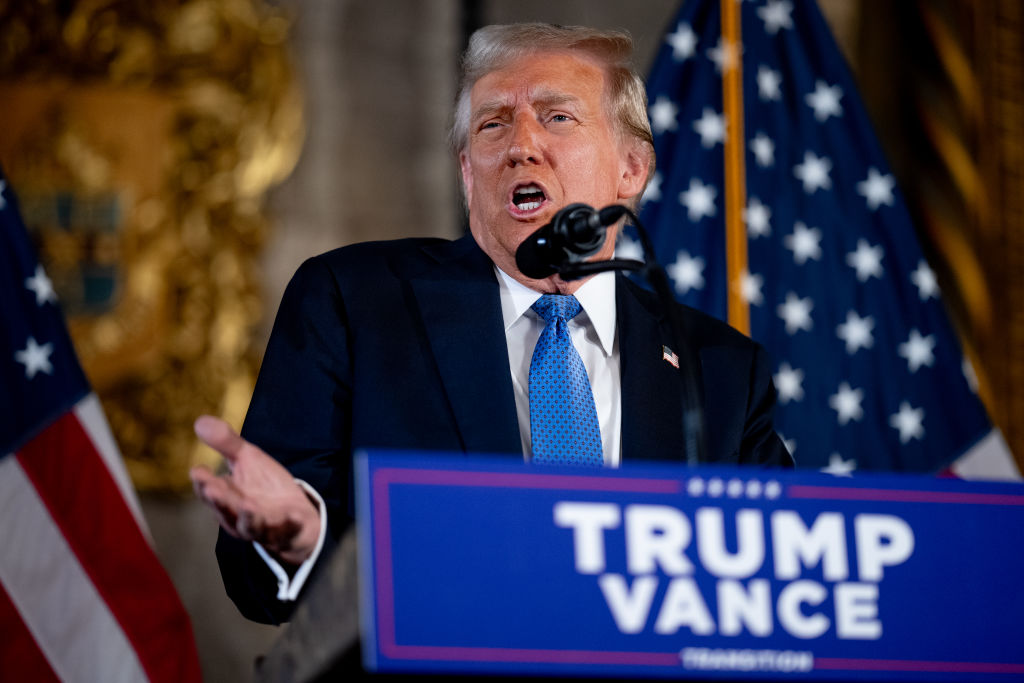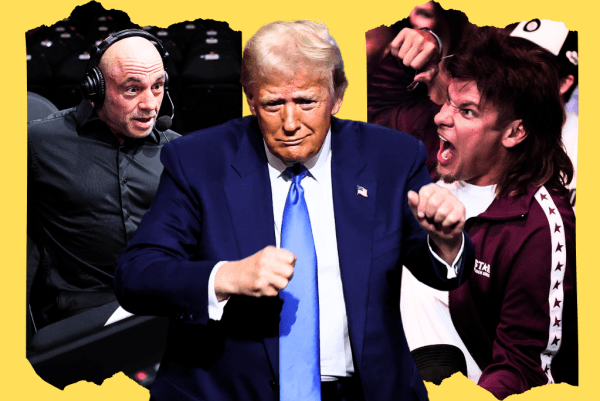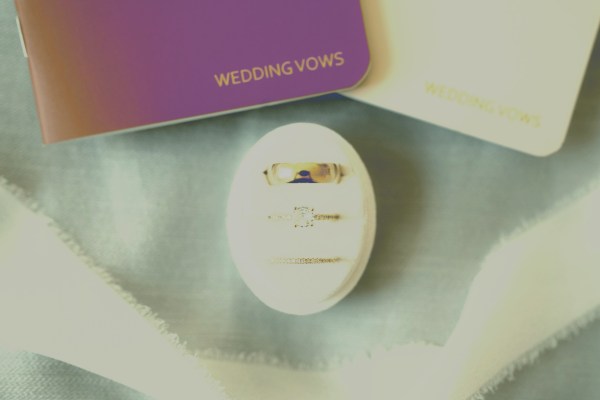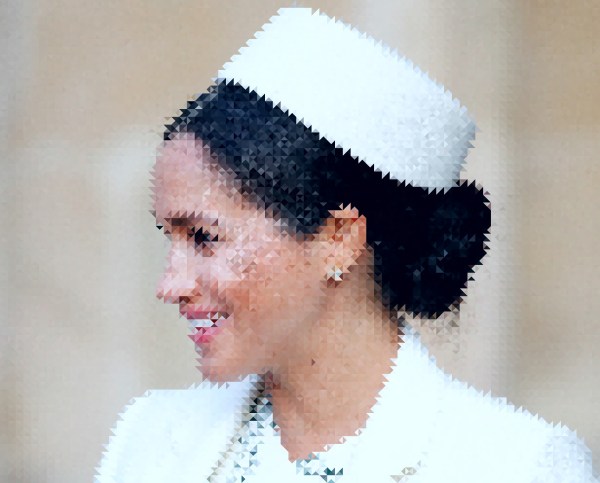The news media is the enemy of the American people, says Donald Trump. Many in the media say it’s the other way around, that it’s the former and future president who is actually the threat to the American way.
But anyone who watched Trump and reporters spend more than an hour asking, answering, bantering and generally just riffing at a wild, wide-ranging press conference Monday would have a hard time taking all that “enemy” talk very seriously.
The truth, of course, is that both things can be right. Trump can genuinely be both a creation of and threat to a free press; and members of the Fourth Estate can simultaneously despise Trump and love all the hot copy he generates for them.
To use the therapeutic language of our time, Trump and the press meet where narcissists trapped in unhealthy relationships always do: mutual co-dependency.
President Joe Biden may have delivered one of the biggest political news stories in decades when he dropped out of this year’s election, which he had sworn he absolutely, positively would never abandon. (It became something of a theme for his presidency.) But mostly, it was slim pickings for the Washington press corps in the Biden era.
Biden gave the fewest press conferences and sit-down interviews of any modern president, and he was not up to the incidental content that Trump excelled at generating. Biden made a few stabs at “chopper talk,” Trump’s long-running, highly successful series in which he traded shouted questions and answers with assembled reporters on his way to Marine One or a waiting motorcade. The 46th president, though, just didn’t have the lungs for it.
Imagine, then, the nauseous relief that reporters must have felt on Monday when the Trump show returned. And not the more guarded version from the campaign, when Trump saved his spiels mostly for niche podcasters, social media stars, and the occasional Fox News phoner. There at his Florida presidential palace, Trump cranked out headline after headline for eager reporters.
In the span of one session, Trump held forth on the efficacy of polio vaccines, the fate of his border wall with Mexico, the 2006 Duke lacrosse rape case, the murder of a health insurance executive, international trade policy, the drone sightings in New Jersey, and the corruption case against New York Mayor Eric Adams.
Whatever your beat or your bias, Trump had something for you Monday. Does he know what he’s talking about? Does anything he says bind him to any kind of future action? Will his point of view be the same even in a few hours? Will the wild geese that he sets reporters to chasing ever be found? Like the man says, “We’ll see what happens.”
But who could care? After the parched pressies had endured four years of no-show Joe Biden, the return of the man who was both their tormenter and supplier must have felt somehow comforting— even after so many think pieces on the looming hellscape of a second Trump presidency.
With ratings in the cellar for most of cable news and online traffic a shadow of its election-year self, the prospect of another four-year run of the Trump show has to feel something like good news. This week’s press conference was a tantalizing hint that the second Trump administration may be like the first one at least in the sense that it offers full employment for the political press.
The press conference also confirmed that Trump still loves and needs mainstream media attention.
The correct political lesson for Trump from the campaign should have been that he doesn’t really need these people anymore. He won reelection by very decidedly going around the old-school news business. After weeks of journalists and politicos in both parties either fretting or crowing that the old media model was dead and that the future belonged to Joe Rogan and his imitators, one might expect to see Trump staying aloof from the press pool. But there he was, diving in the deep end.
Consider Trump’s excitement for being named Time’s Person of the Year for 2024. The former dreadnought of the periodical publishing world is down to coming out every other week and is mostly given over to fluff when it does. Whatever is left of Edward Luce’s once-mighty magazine, it ain’t much. But Trump responded like it was 1980 and Time was still a powerhouse.
Some of it may be just nostalgia from an older politician who is still attached to the way things used to be. But some of it is because Trump very much needs the attention, both personally and politically.
When he won the first time, many wondered if he would rely on social media instead of traditional media to push his agenda, but it ended up being very different. Trump used social media to direct traditional media, acting as assignment editor and, often, media critic. His wee-hours tweets would set the agenda for the day’s coverage and set newsrooms scrambling to keep up.
Very often, the stories were—intentionally or not—misdirections. Hot pursuit of what seemed like a big story would end in a shrug. But in the process, Trump was able to control the narrative for the day, and his fellow co-dependents in the press got another round of “Can you believe it!?” coverage to juice ratings and drive clicks.
Yes, the toxic off-again, on-again relationship between Trump and the media looks like it’s very much on again. What are the chances that it doesn’t end in tears and acrimony again this time?
We’ll see what happens …










Please note that we at The Dispatch hold ourselves, our work, and our commenters to a higher standard than other places on the internet. We welcome comments that foster genuine debate or discussion—including comments critical of us or our work—but responses that include ad hominem attacks on fellow Dispatch members or are intended to stoke fear and anger may be moderated.
With your membership, you only have the ability to comment on The Morning Dispatch articles. Consider upgrading to join the conversation everywhere.